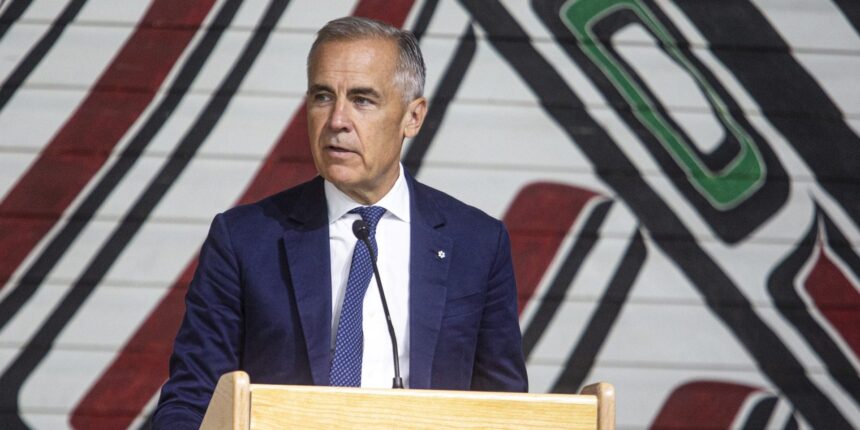A long-anticipated federal summit on implementing the United Nations Declaration on the Rights of Indigenous Peoples Act (UNDRIP) concluded yesterday amid sharp criticism from First Nations leaders who described the two-day Ottawa gathering as disorganized and lacking substantive engagement.
The summit, intended to advance Bill C-5 implementation, brought together federal ministers with Indigenous leaders from across Canada but quickly became mired in controversy as participants voiced frustration over what many characterized as inadequate consultation.
“We arrived expecting meaningful dialogue about how UNDRIP would be implemented across federal legislation,” said Grand Chief Garrison Settee of Manitoba Keewatinowi Okimakanak. “Instead, we found a tightly controlled agenda with limited opportunity for Indigenous voices to be heard on critical issues affecting our communities.”
The federal government passed Bill C-5 in 2021, committing Canada to align its laws with the UN Declaration, which recognizes Indigenous peoples’ rights to self-determination, language, culture, and free, prior, and informed consent on matters affecting their territories. The legislation requires Ottawa to develop an action plan in consultation with Indigenous peoples.
Justice Minister Arif Virani defended the summit, telling reporters it represented “an important step in our ongoing relationship with First Nations, Métis, and Inuit partners.” However, several chiefs who attended painted a different picture of the proceedings.
“The format prevented deep discussion on how these rights will be recognized in practice,” said Chief Judy Wilson from the Union of BC Indian Chiefs. “When we raised concerns about resource development projects proceeding without proper consent, we were directed to future consultation processes rather than engaging with the substance of our concerns.”
Indigenous leaders also pointed to logistical problems that hampered participation. Several delegations reported receiving invitations just days before the event, while others faced challenges with travel arrangements and accommodation.
“You can’t claim to be serious about nation-to-nation dialogue when the basic organization shows such disregard for participants,” noted one chief who requested anonymity. “Some of our delegates traveled thousands of kilometers only to find insufficient translation services and overcrowded breakout sessions.”
Despite these criticisms, several participants expressed cautious optimism that progress could be made if the government commits to more robust consultation moving forward. Indigenous Services Minister Patty Hajdu acknowledged the concerns raised and promised “adjustments to our approach” in future engagement efforts.
“This summit should have been a blueprint for implementation, not just another talk shop,” said National Chief Cindy Woodhouse of the Assembly of First Nations. “We’re prepared to work constructively with Canada, but that requires genuine partnership rather than performative consultation.”
Analysts familiar with the UNDRIP implementation process suggest the government faces significant challenges in reconciling Indigenous rights with existing legislative frameworks, particularly in areas concerning land and resource development. The action plan mandated by Bill C-5 was originally due in June 2023 but has faced multiple delays.
“The tensions we’re seeing reflect fundamental questions about how power will be shared in this country,” said Dr. Ellen Gabriel, Indigenous rights scholar at McGill University. “Implementing UNDRIP meaningfully requires Canada to rethink its approach to governance in ways that many within the federal system find deeply uncomfortable.”
As federal officials regroup following the summit, Indigenous leaders are calling for clear timelines and transparent processes for the next steps in developing the action plan. Several nations have indicated they may pursue their own implementation frameworks if federal efforts continue to fall short of expectations.
As Canada navigates this complex reconciliation landscape, the question remains: can the federal government transform its approach to truly embrace the nation-to-nation relationship that UNDRIP demands, or will implementation continue to be hampered by the same patterns of tokenistic consultation that have frustrated Indigenous peoples for generations?

























